Puthumala survivors pay tax for non-existent land, govt's compensation policy doesn't match reality
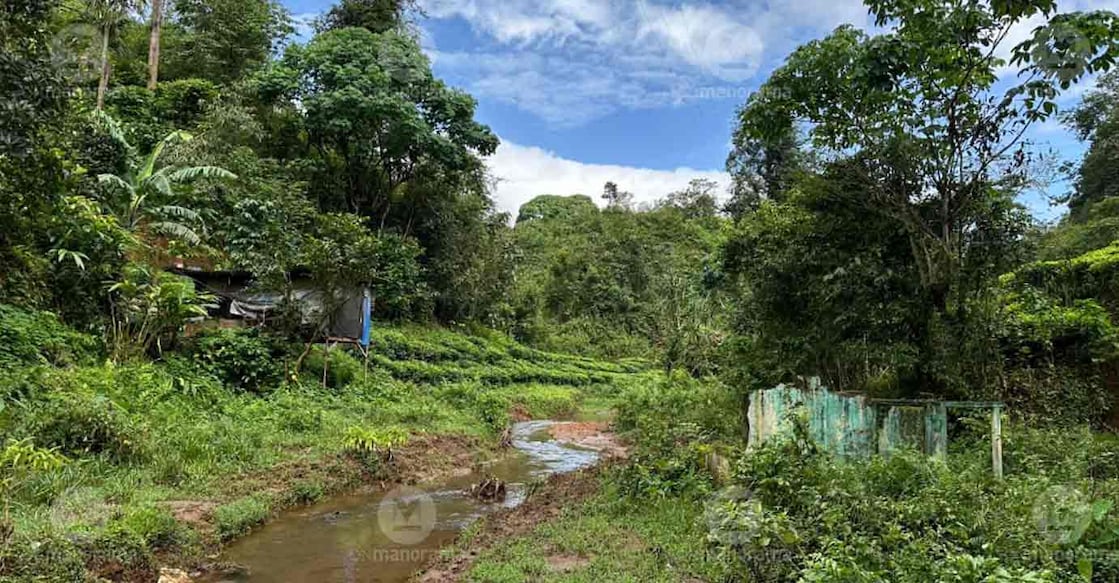
Mail This Article
In a two-part series 'Revisiting Puthumala', Onmanorama explores the lacunae in the government's compensation policy by speaking to the survivors of Puthumala landslide victims. Read Part 1 here: 5 yrs on, living in unsafe homes, Puthumala landslide survivors feel betrayed
Puthumala (Wayanad): Five months ago, estate workers Salim Babu (51) and his wife Raseena A moved into a dilapidated house of Sulaiman Naranthodi for a rent of Rs 2,500 in Puthumala. The damaged house sits on the edge of a slope that has been washed away in the landslide on August 8, 2019. When the series of landslides struck Mundakkai and Chooralmala on July 30, the water rose in front of their house and the family had to move to a relief camp. They returned on Sunday, August 3. "We did not have a choice," said Raseena on living in the worn-out house. "With three sons growing up, we could not live in the cramped 'padee' (lane quarters in tea estates)," she said.
Salim Babu borrowed money from his PF account and Raseena pledged her gold ornaments to raise Rs 50,000 as a security deposit for the house that the government declared unfit to live in. The government had given its owner Sulaiman a new house, and his family had shifted there. Raseena said her father Hussain Adakada (70) gifted her 16 cents at Pachakkad to build a house.
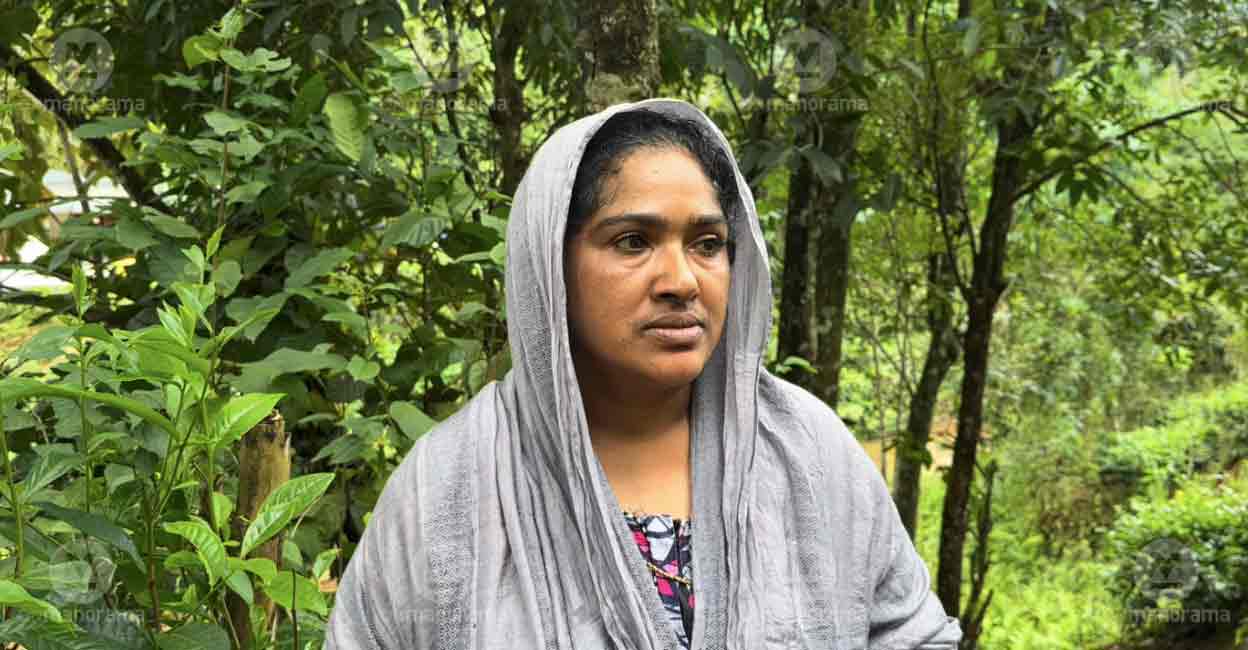
The couple was putting together the money to start the construction when the landslide struck. "The plot does not exist there anymore but we continue to pay land tax for it," said Sulaiman.The couple knocked on many doors for a small piece of land to make a house but to no avail. "I don't want 16 cents that I lost. I am pleading for only three cents to make a shed. There are 12 families like us. In my case, the land was a gift. But many pledged their 'thali' (wedding chains) and bought tiny plots," said Raseena.
She said she knew about the pain of the families who lost their relatives in the landslides that struck Mundakkai and Chooralmala. "I have lost several relatives. My sons have lost their friends... I am not trying to take away what is due to them," she said, choking on her words.
Playing by rules, toying with lives
Next to Sulaiman's broken house stands 12 pillars, erected to build a big house for Naufal Kalladi (32), the eldest of the three sons of Hamza Kalladi, an estate worker. Naufal made the money by working as a driver in Saudi Arabia. But the 2019 landslide washed away his dream roadside property, a 10-cent plot he bought for Rs 5 lakh in 2012. He had pumped in Rs 8 lakh on the foundation structure. But Naufal did not get any compensation because the plot was bought in the name of Hamza.
"My father registered the house in his name because I was not around," said Naufal. Now the family of three brothers and their wives and parents are living in one house in Neelikkap, close to Chooralmala. He drives an off-road jeep taxi in 900 Kandi (read Thollayiram Kandi), a tourist destination for a living. His other younger brother Nishad is an autorickshaw driver, and Niyas works as a salesman in an auto accessories shop. "After the landslide, my father asked us not to go abroad," said Naufal. His mother Tajumma said that officials cited rules to deny them not only the compensation but also the Rs 10,000 given to meet emergency expenses.
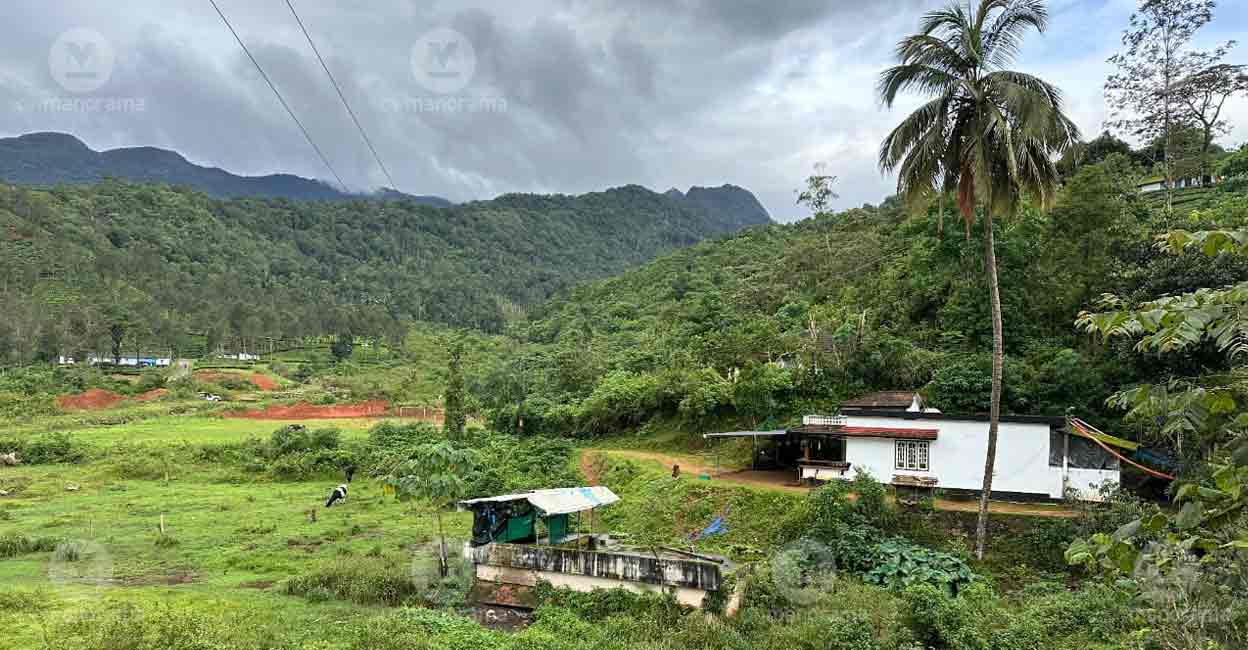
From 8 acres to 10 cents
For Leelamma Joseph (64), her cardamom plantation in Pachakkad was her world. From dawn to dusk she would be in the estate spread across eight acres of undivided ancestral property. She employed four full-time workers, apart from her two sons; she managed the family.
"We were self-sufficient. We never had to leave our house looking for a job," said her daughter-in-law and Puthumala panchayat ward member Sukanya Maria Ashin (29).The 2019 landslide shattered everything. There is no trace of Leelamma's cardamom plantation. Their five-bedroom ancestral house made of granite rocks was in rubble. The smokehouse and workers's quarters are also gone. The family was on the streets and indebted to banks. She had borrowed Rs 1 lakh from Grameen Bank by mortgaging her property and then took a Rs 2 lakh gold loan, too, to raise money for replanting cardamom seedlings that season. "My mother-in-law went into depression. It took her two years to come out of it," said Sukanya.With the Rs 10 lakh compensation she got for her house, she bought a small plot in Putturvayal, the same place where Nehru bought seven cents. "The remaining Rs 4 lakh was used to pay off my debts," Leelamma said. Her one son went to Bengaluru seeking a job.
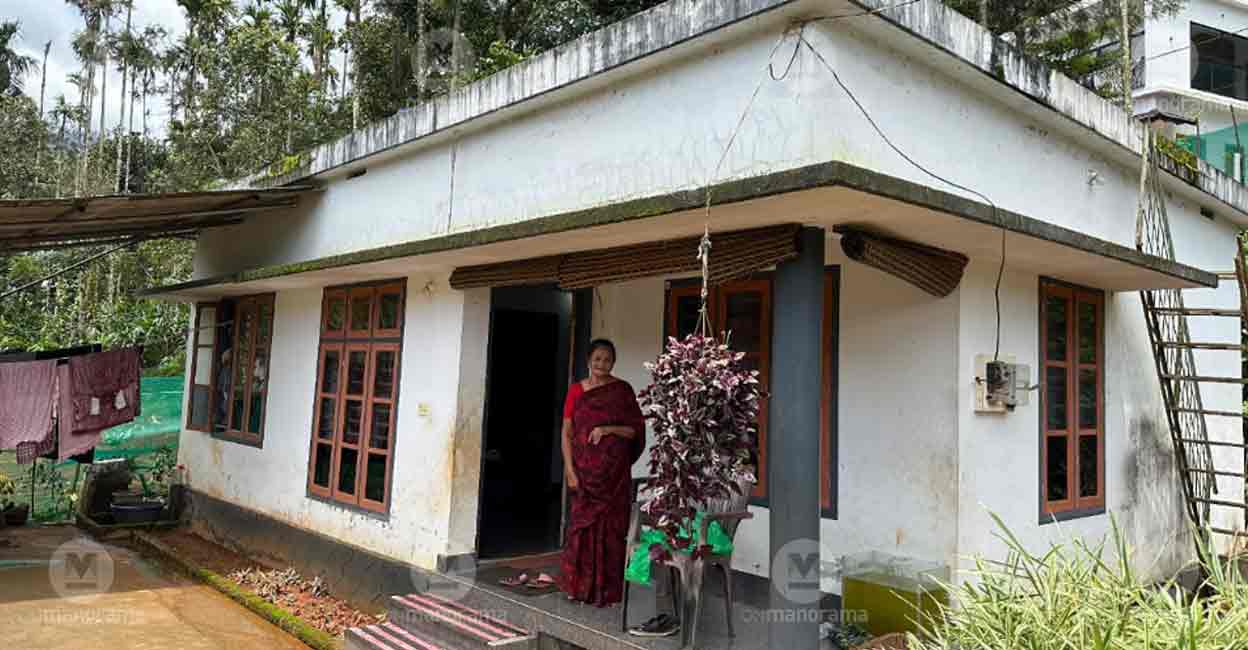
Sukanya's husband Ashin Joseph (37) became a jeep driver to make ends meet. The family was shifting from one rented house to another when their parish built her a house on a 10-cent plot at Neelikapp near Chooralmala. The family was given the house on the condition that they could live there but the ownership would remain with the church. Jobish Kurian (44), another panchayat member and spices farmer with whom Leelamma used to speak cardamom in her heydays, gave her 40 seedlings to keep her busy. The little farm work helped Leelamma find her feet again. She planted the 40 cardamom seedlings on the remaining area of the steep hillside plot and regularly tended to them. She is the only worker. But there is no change in the government's policy or heart to compensate her for the land and livelihood she lost.
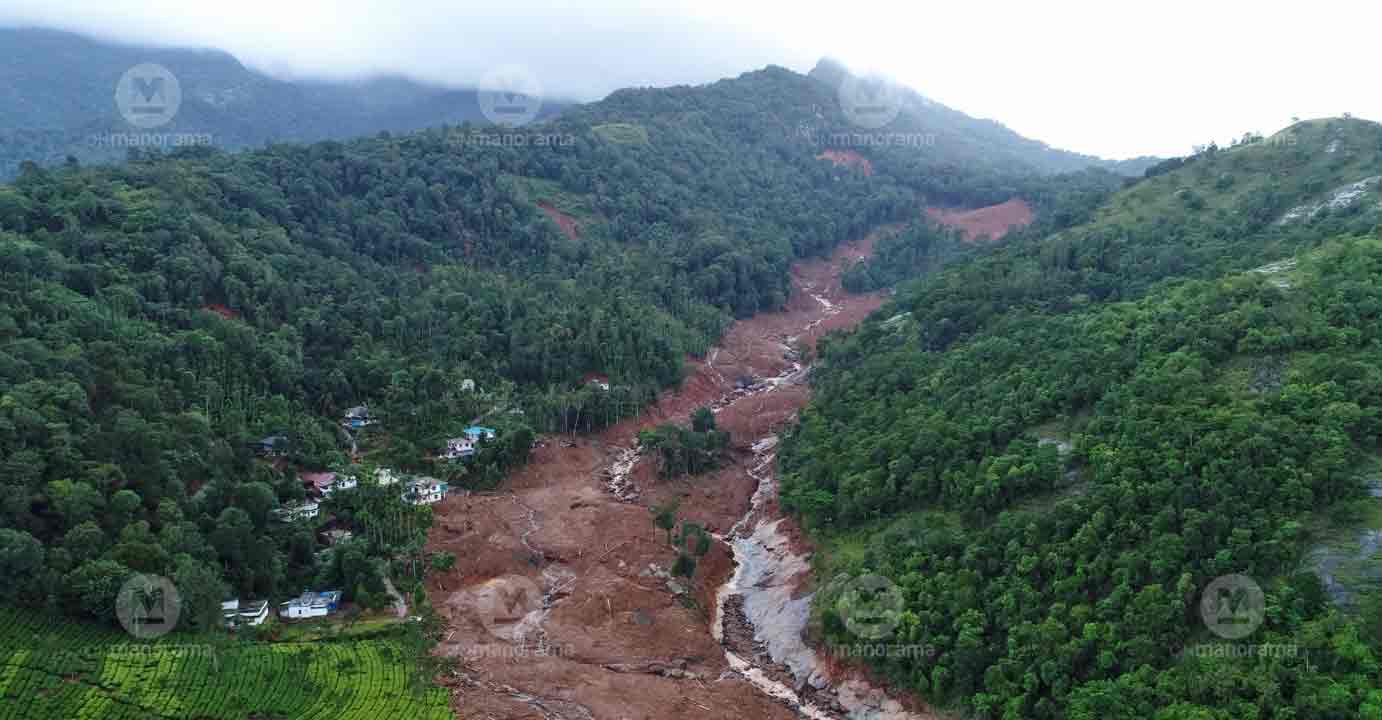
Several officials, farmers and green activists said the government should bring in a law to compensate small and medium farmers who lose their farmlands to natural calamities. Wayanad Prakrithi Samrakshana Samithi (WPSS), an environmental organisation said the state government should immediately work on a law on the lines of the Right to Fair Compensation and Transparency in Land Acquisition, Rehabilitation and Resettlement Act, 2013, to compensate farmers. "Farmers losing land to natural calamities should be compensated for the loss of livelihood, the trauma they undergo, and the cost of displacement, apart from giving them farmland," said Badusha N, president of WPSS. "We are going to launch a protest for that," he said. Servicing IAS officers, too on the condition of anonymity, rooted for us a law. "It is a timely demand and a much needed one too,” an officer said.
Part 1: 5 yrs on, living in unsafe homes, Puthumala landslide survivors feel betrayed


